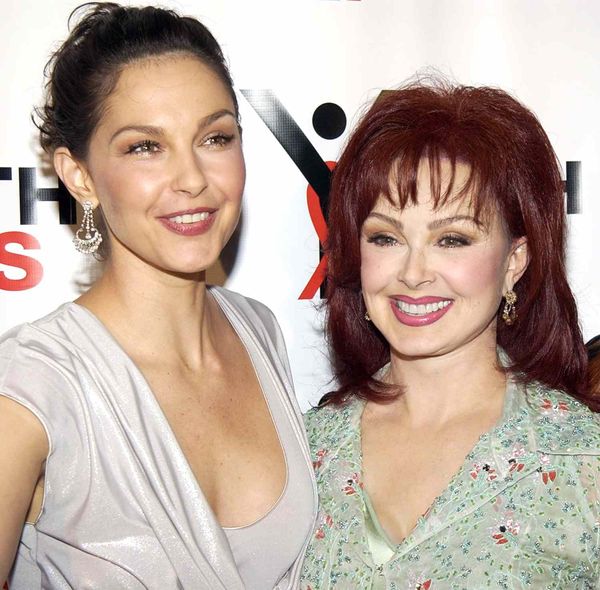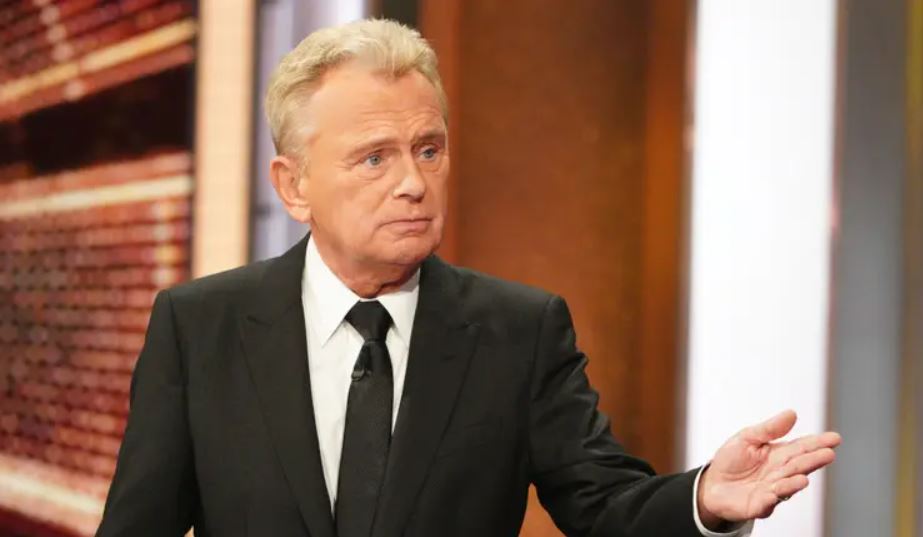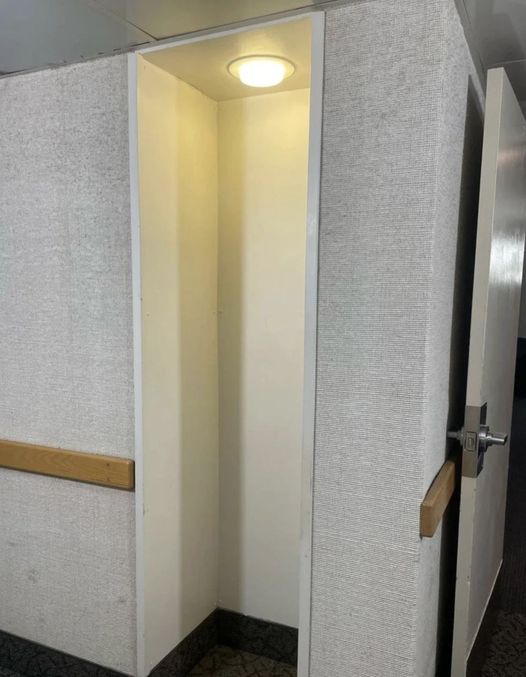
Ashley Judd, the talented actress and daughter of Grammy-winning musician Naomi Judd, has been fighting to protect the privacy of individuals in the face of media intrusion. In a recent interview with The Guardian, she opened up about the trauma and retraumatization she experienced when graphic photos of her mother’s death were published by certain news outlets.
The loss of a loved one is undoubtedly a devastating experience, but for Ashley Judd, the pain was compounded by the thoughtless actions of sensational tabloids. In her effort to heal, Judd underwent intensive therapy called eye movement desensitization and reprocessing (EMDR) for three months. Just as she thought she had made progress, media sources revealed images of the scene of her mother’s death, leading her to restart the therapy.
The heartbreaking reality is that the media’s choice to disseminate these graphic and private details not only retraumatized Judd but also highlighted the urgent need for change. Judd and her family are working tirelessly to change the state statute that allowed media outlets access to such personal information. Their mission is to spare others from the same ordeal and protect the dignity of those who have suffered loss.
In a powerful statement, Judd expressed her hope that their efforts would transform the dark past into a catalyst for change. By advocating for privacy legislation, they aim to prevent others from experiencing the pain and suffering that her family endured. Judd believes that through the highest values of decency, professionalism, respect, and humanity, we can create a safer and more compassionate society.

The tragic loss of Naomi Judd, who battled anxiety, despair, and bipolar disorder, serves as a painful reminder of the importance of sensitive media coverage of suicides. Dr. Christine Moutier, the chief medical officer of the American Foundation for Suicide Prevention, emphasizes the need to follow specific guidelines when reporting on such deaths. Gruesome imagery, location details, and suicide notes should never be shared publicly, as they can potentially push vulnerable individuals closer to the edge.
It is crucial to recognize the profound impact that sensationalistic media outlets have on those mourning the loss of a loved one to suicide. The public disclosure of intimate details not only disempowers and retraumatizes them, but it also perpetuates a cycle of irresponsible journalism. Harvard Medical School psychologist Jim Hopper condemns the exploitation of personal tragedies for profit, stating that it goes against the principles of ethical reporting.
Ashley Judd and her family have chosen to be “wounded healers,” using their own pain to fuel their advocacy for change. They are urging media sources to adhere to the guidelines set forth by the American Foundation for Suicide Prevention to prevent further harm. Judd firmly believes that when we have the knowledge to do better, we must act accordingly.
In addition to fighting for legislative change, Judd hopes to shift the focus from the tragedy surrounding her mother’s passing to the incredible life she lived. During a celebration for Naomi Judd’s 77th birthday, Ashley Judd had the opportunity to hear heartwarming stories from a woman who had worked as a nurse at the hospital where her mother began her musical career. These stories showcased Naomi Judd’s compassion, empathy, and sense of humor, reminding Ashley Judd of the beautiful legacy her mother left behind.
As Ashley Judd continues to raise her voice for privacy and compassion, she is a beacon of strength and resilience. Her unwavering commitment to protecting the dignity of individuals in times of personal loss serves as an inspiration to us all. Through her advocacy, she hopes to create a world where the highest values guide our actions and where empathy and respect prevail in every aspect of life.




